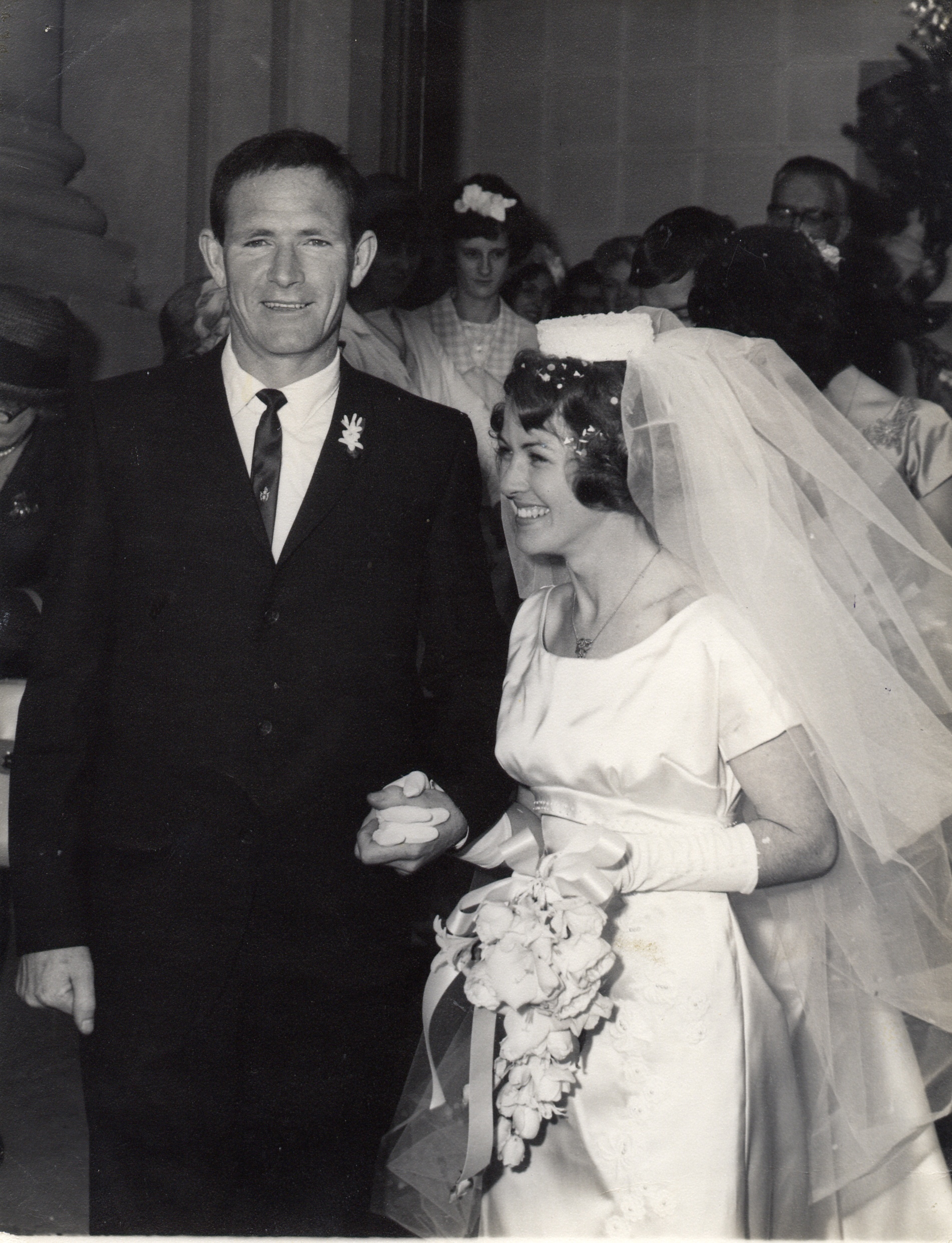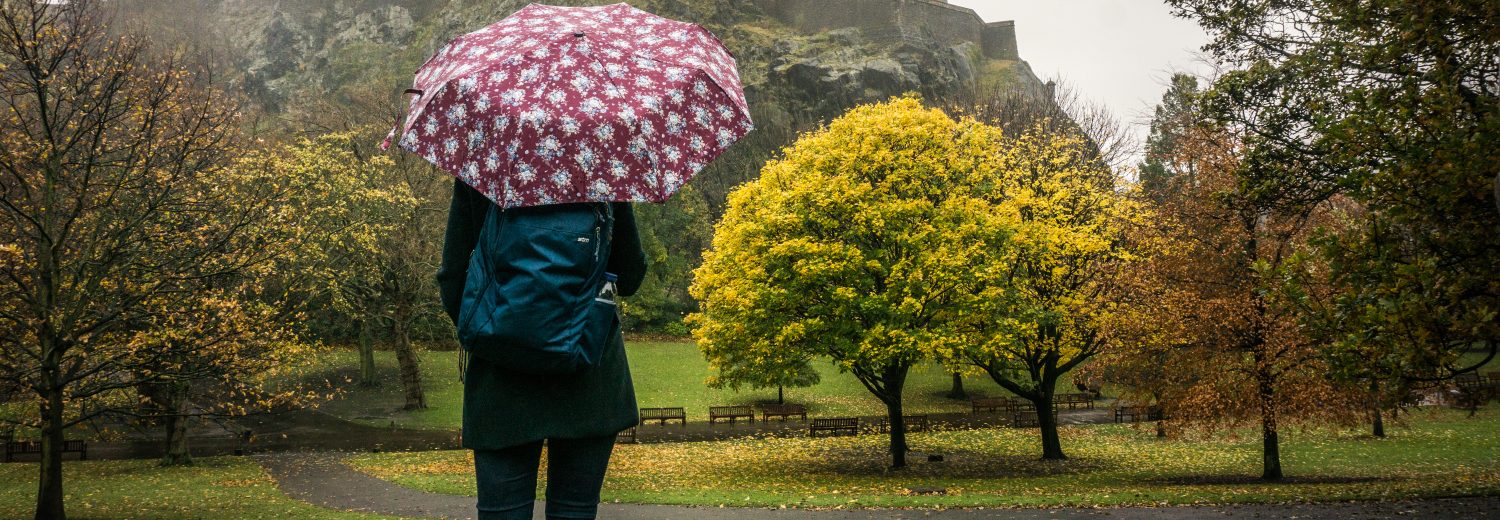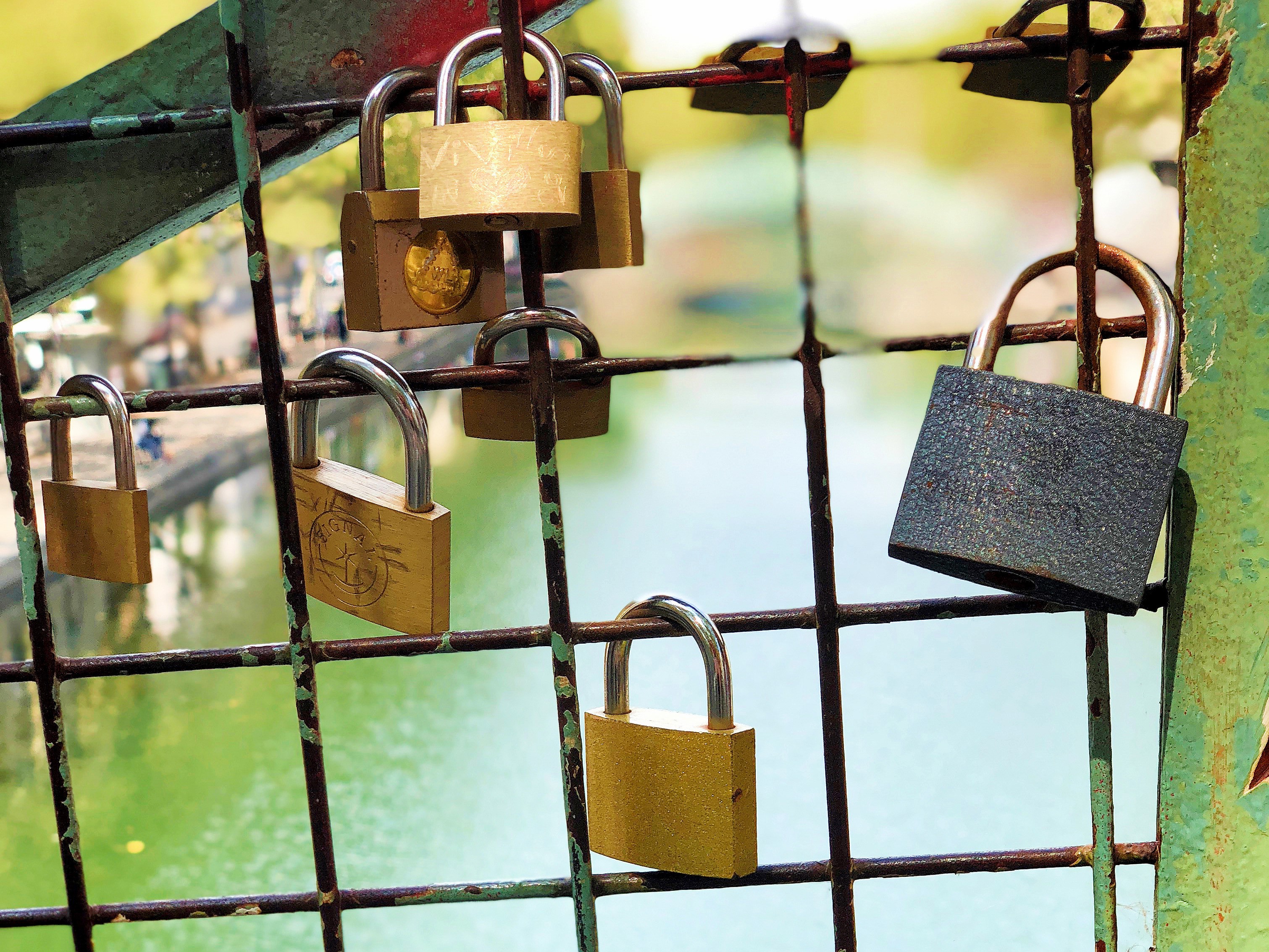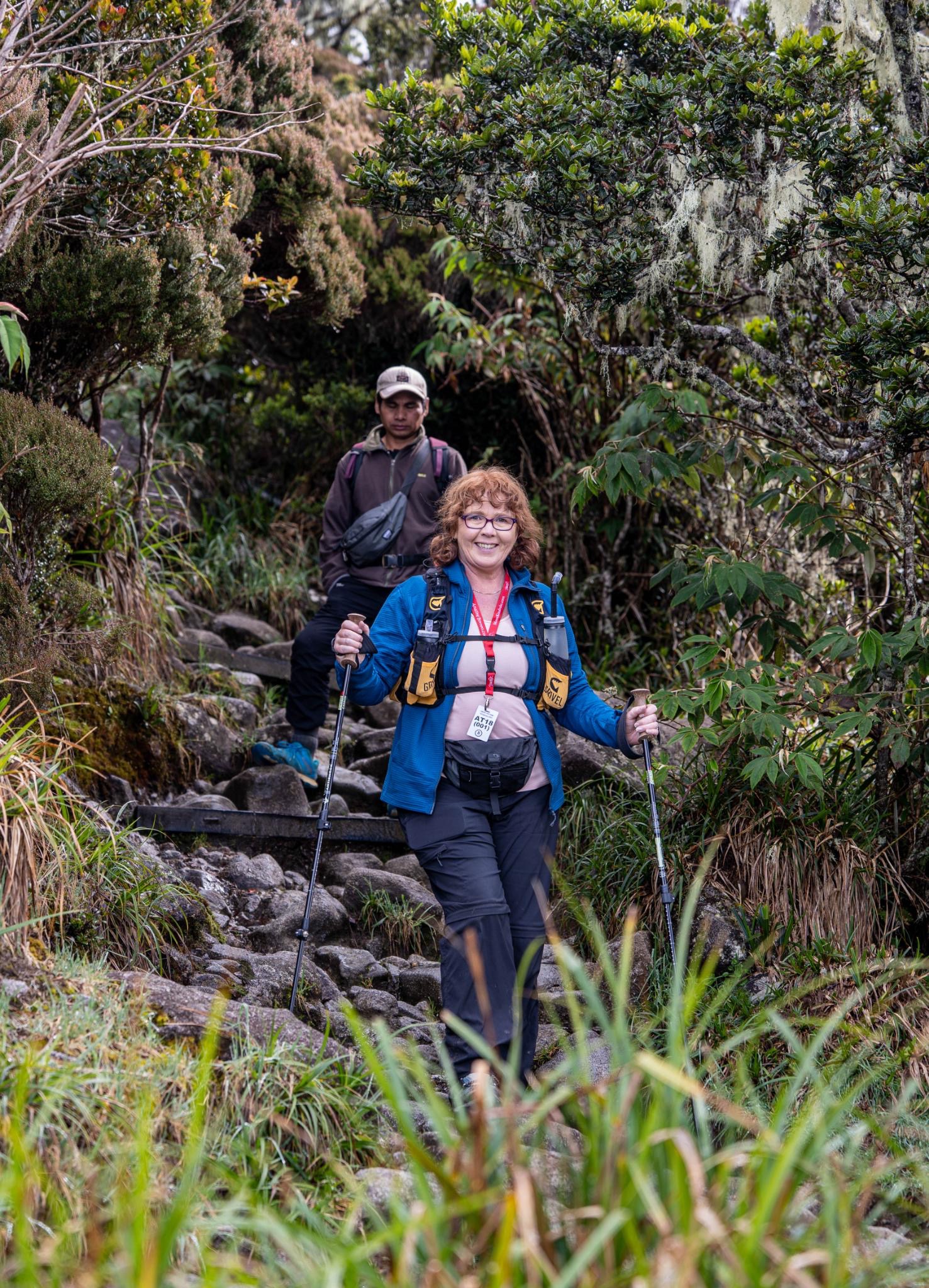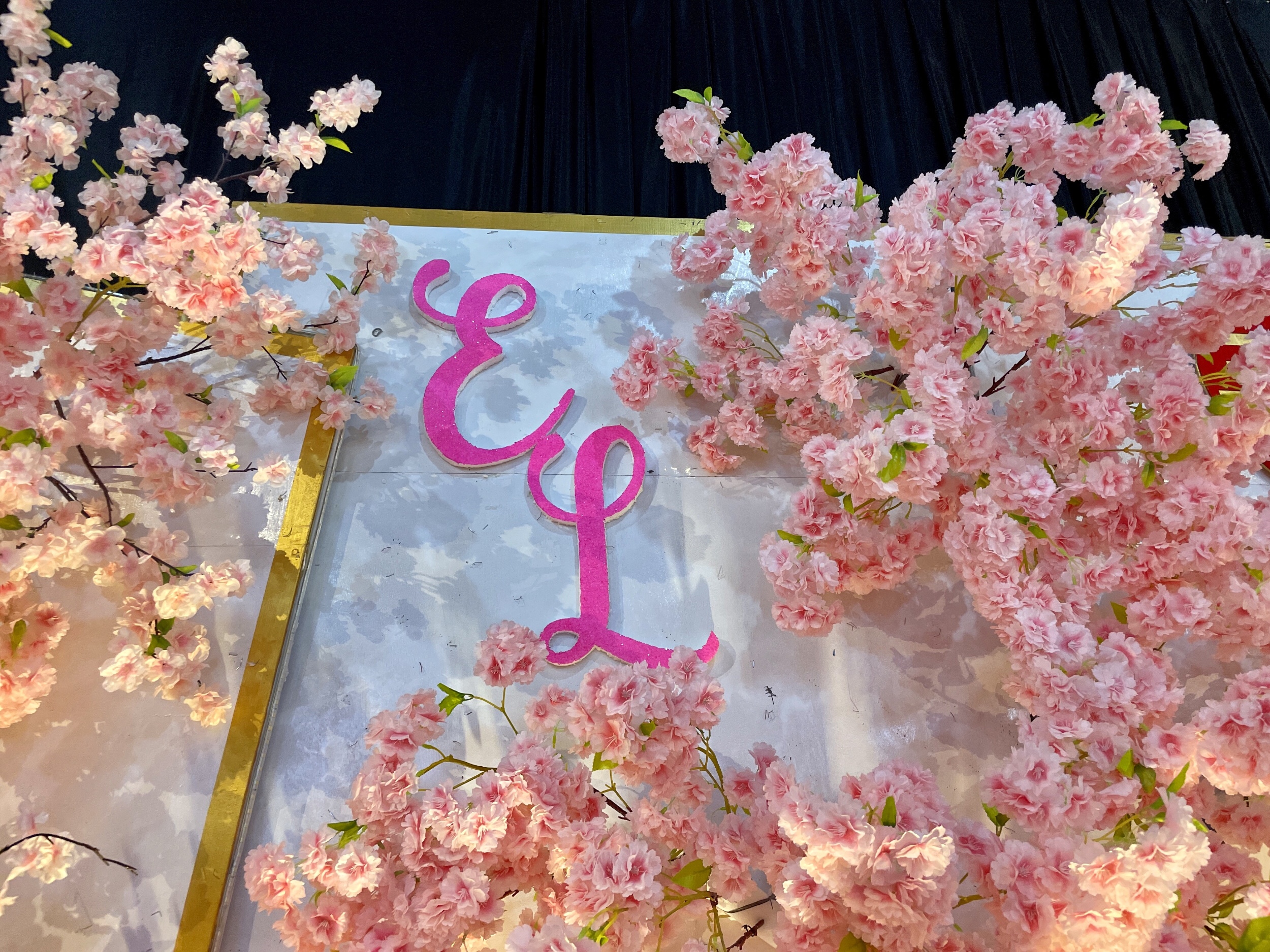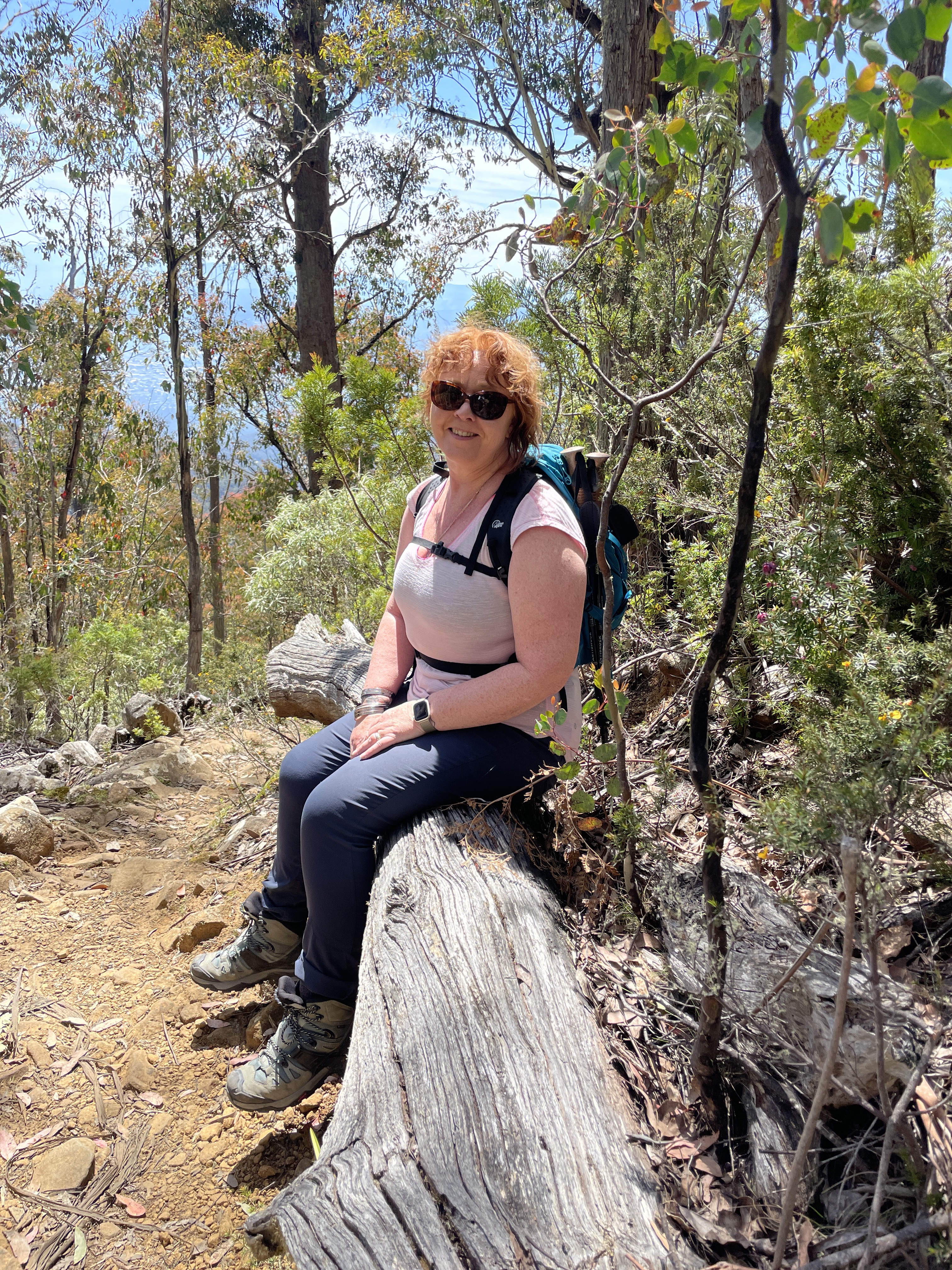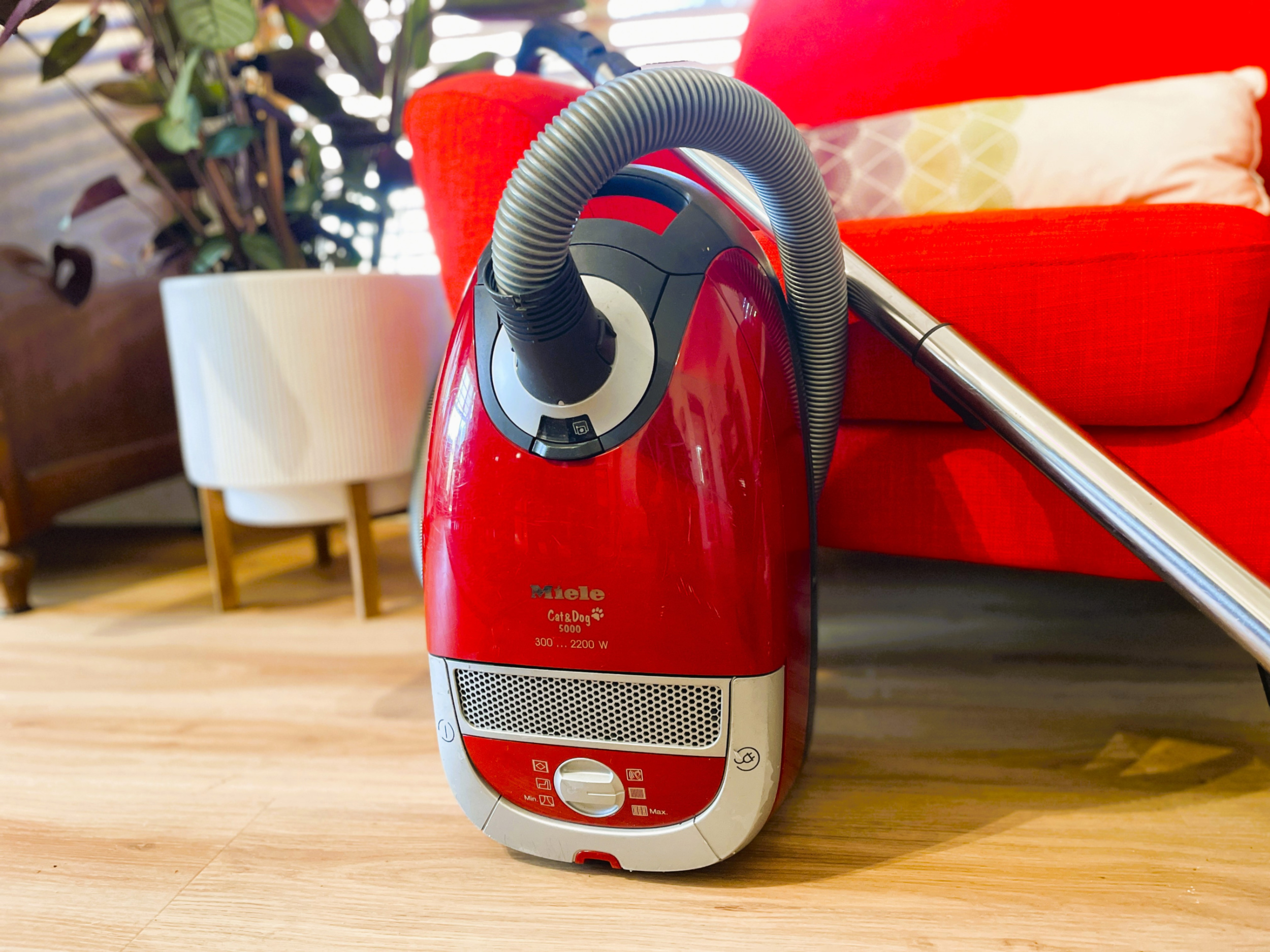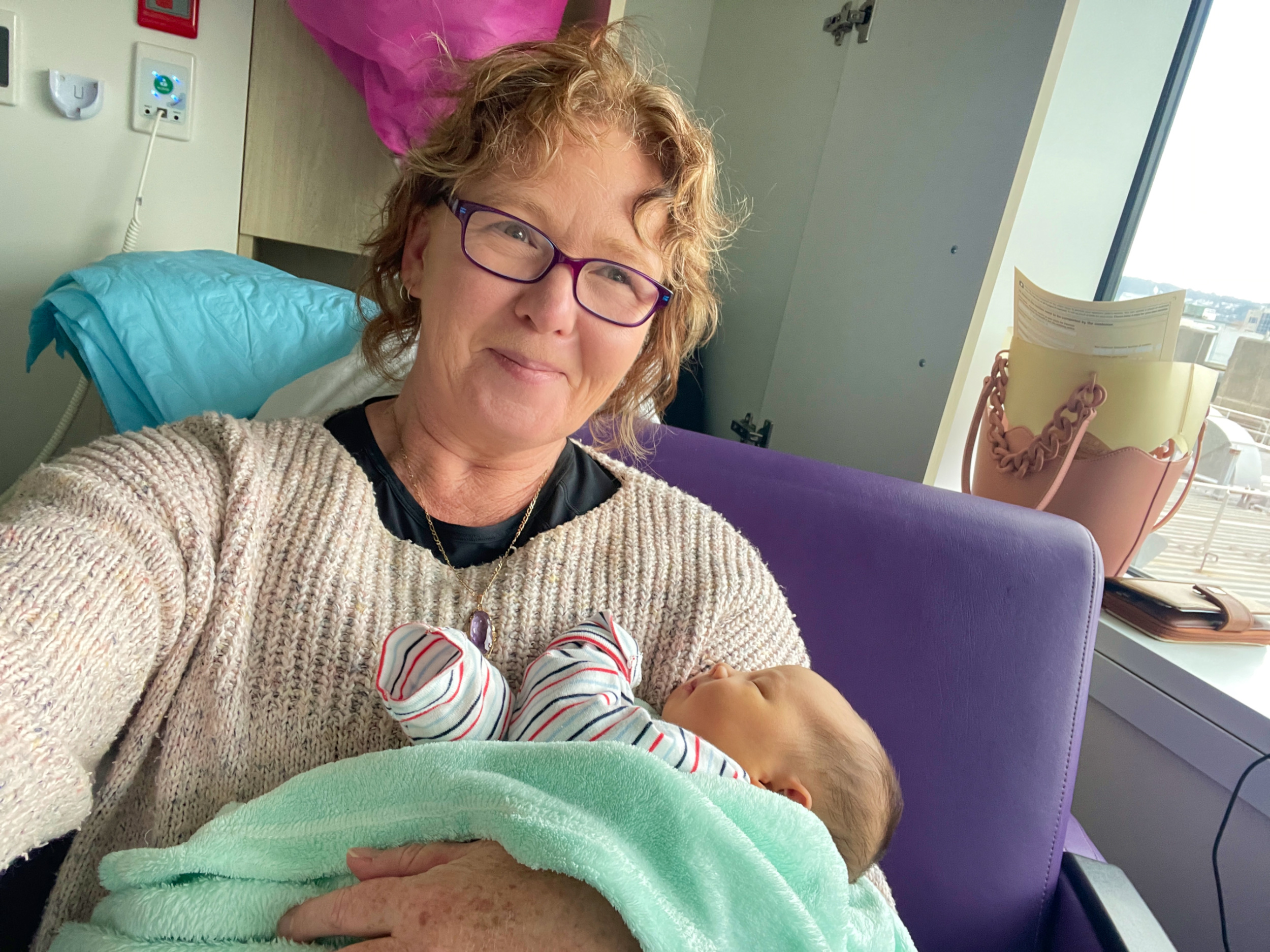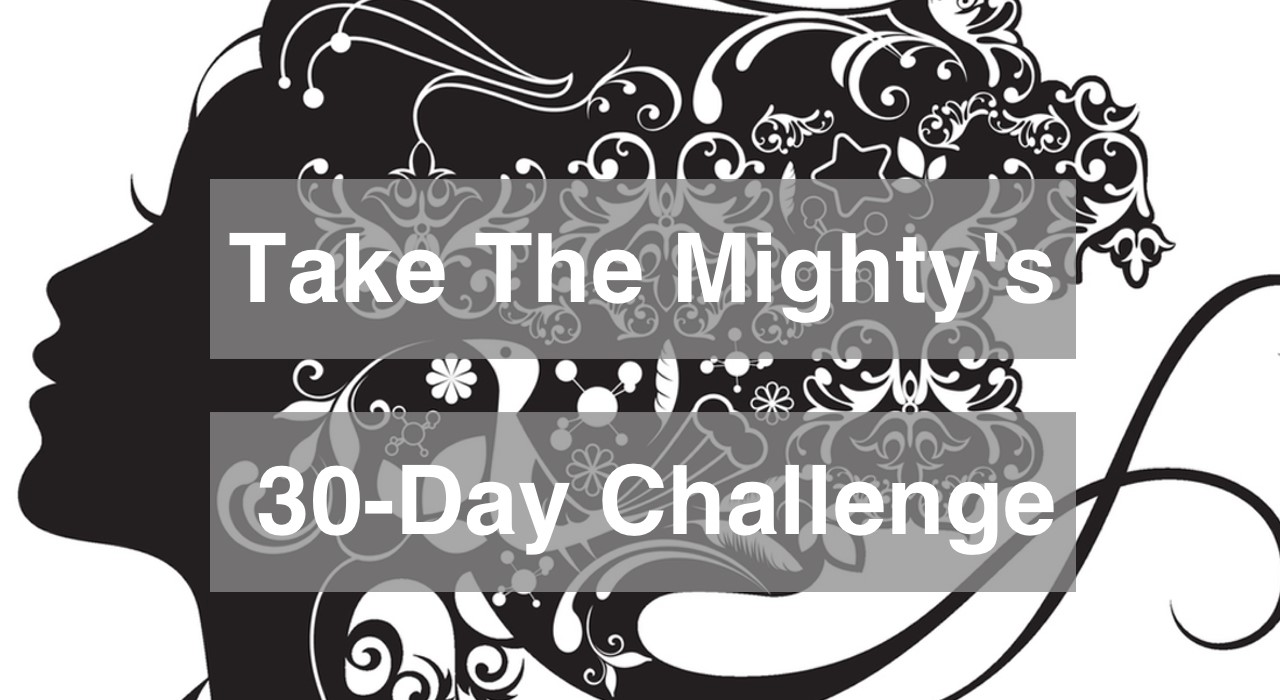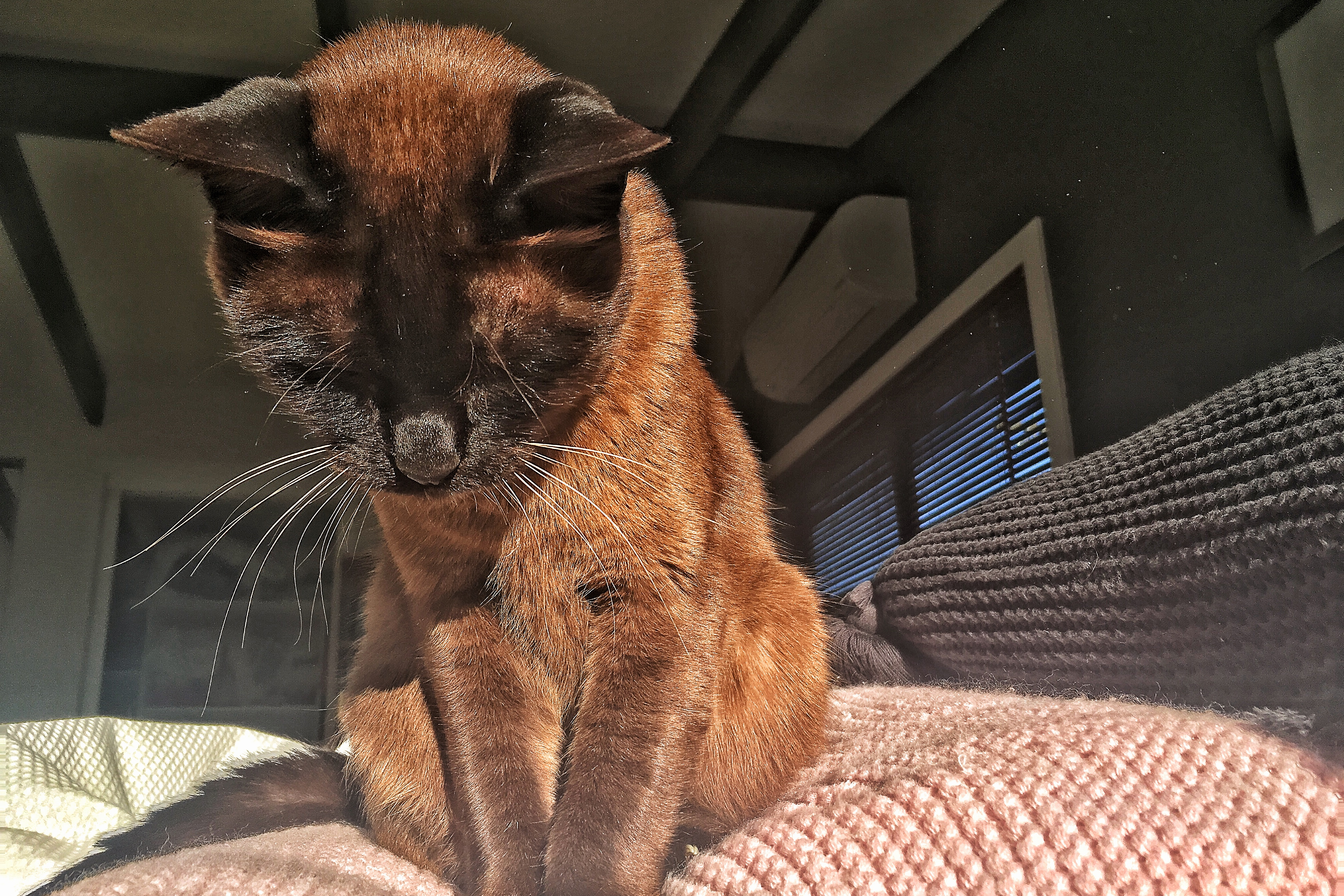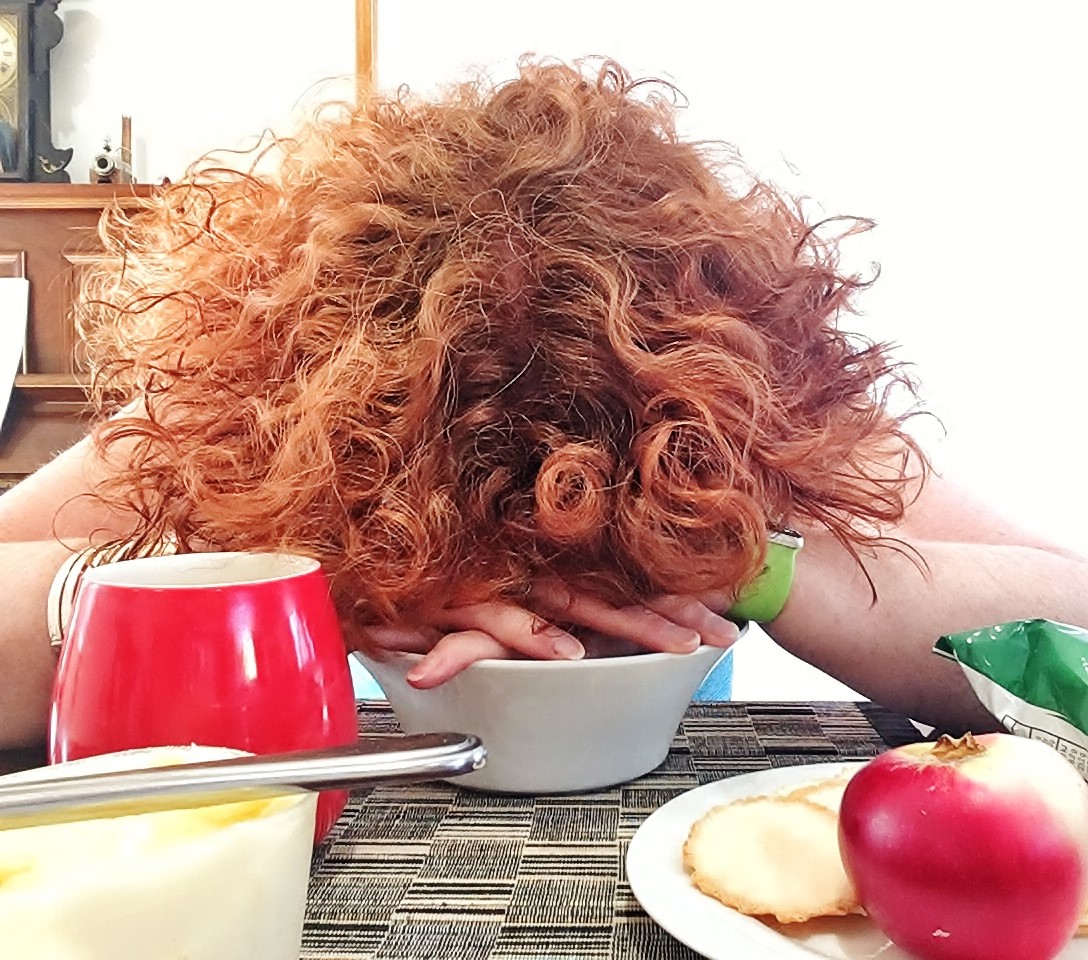My Mighty Month: March Week One
The Mighty are running monthly self-confidence challenges all year. I religiously did the daily writing in January. Was too exhausted to do whatever the February challenge was! But I’m going to drop in late and start the March Challenge. The week one task is:
Make a list of your top five strengths. If you aren’t sure what your strengths are, ask a friend or family member. You can also take the VIA (Values in Action) Survey of Character Strengths.
So I took the survey. My top five strengths are:
1. Kindness and generosity
2. Honesty, authenticity, and genuineness
3. Judgment, critical thinking, and open-mindedness
4. Leadership
5. Modesty and humility
The whole 24 strengths are listed here – ordered from my most to least dominant trait 🙂
Next, for each of your five strengths, write down a time where you felt confident while exhibiting that strength.
1. Kindness & Generosity: I sat with my 98-year-old grandmother, held her hand to reassure her we had not whispered behind her back about wanting her to die. That we loved her and wished the best for her and that is why I spent hours with her every day, and organised her transfer to the nursing home so she could get better care. She would be fed regularly and checked on all the time. As a family that never expresses emotions or feelings, never says “I love you”, never holds hands or hugs, this was really hard for me. But it was important for grandma to hear and it made a huge difference. She hung her head low, listened and moved on.
2. Honesty, authenticity, and genuineness: I am always honest. Always always. I don’t lie. I will from time to time omit a fact… So I guess I will lie by omission. But I never outright say something untrue. Example? Hmm… When teaching, rather than tell my students they had done something wrong or what they were doing sounded god awful, I would ask them to play it again, and listen carefully to a particular aspect. Then I’d ask them what they thought and we would discuss that at length. Then ask how they might make it better. Try it again. Compare the two. Try to apply the differences not just to music but to life in general. They would walk away knowing they had changed something that wasn’t quite right, to something that was better. And that no matter how bad you might think something is, it can improve if you just focus on how to change rather than focus on how bad you are.
3. Judgment, critical thinking, and open-mindedness: I once had a friend scream at me about what a terrible person I was. How awfully my children had behaved. What a dreadful time she had experienced at a social event at my house. It was a ten-minute rant and it was so hard to take. I was frozen to the spot unable to respond. I left when I could, went home and cried for hours. I then messaged her to say I could see how much emotional pain she was in. How much stress she was under. And would she like to go for a walk and talk things through. We did that. I asked her a question I don’t think she’d ever had before – had other people spoken to her like that in her life. She was defensive at first, but then said yes – she had often been yelled at and abused. I said I hadn’t ever experienced it so it was hard to take. I also said I understood how exhausted she was and how much emotional stress she was under and we had a big hug and we’re still close friends.
4. Leadership: I don’t know if I’m a natural leader? Others tell me I am… I have often found myself in situations where nobody does anything, so I just take charge. I worry it’s because I’m bossy and controlling. But perhaps that’s what leadership is? When I was about 23, I was on a bus from Canberra to Melbourne. We were near Yass when a girl started having a grand mal seizure. Nobody did anything – she was two or three seats behind me on the opposite side so I could see her. I mean – absolutely NOBODY moved or did anything. They sat there like stunned mullets. I got up and tried to get her onto the floor (so she didn’t break an arm flailing around in the seat) then asked if anyone had a cushion to put under her head (a dozen arms went up). She lay on the floor asleep with the cushion for about 15 minutes before she woke up. Once she was on the floor the bus driver started up and kept driving to Melbourne. When she woke up nobody said anything to her – she just looked confused and had no idea why she was there. I deeply regret not saying anything – I don’t think she’d ever had a seizure before. I had no first aid training and didn’t know what to do (now I know, just keep them safe, time the seizure and call an ambulance). Aside from the girl having the seizure, I was the youngest person on the bus – by at least 20 years. I am still shocked nobody did anything. Still shocked the driver sat there waiting for me to tell him what to do and nobody said anything or organised for medical care.
5. Modesty and humility: I hope I am modest and humble. These are virtues I consider very important. I can’t really think of situations to demonstrate? I know as a musician, after performing people always come up and say thanks and wasn’t that amazing and you’re so clever etc. In my head I’m always denying every compliment, but out loud I accept the gift of their words and say, “Thank you so much. I’m glad you enjoyed it.” I would never agree with them out loud because firstly, I don’t believe it, but secondly I want to focus on them and the kindness it takes to make the effort to say something nice to someone. Many people walk away from performances and say nothing at all. So taking the time to offer a compliment is a gift that should always be accepted and acknowledged.

